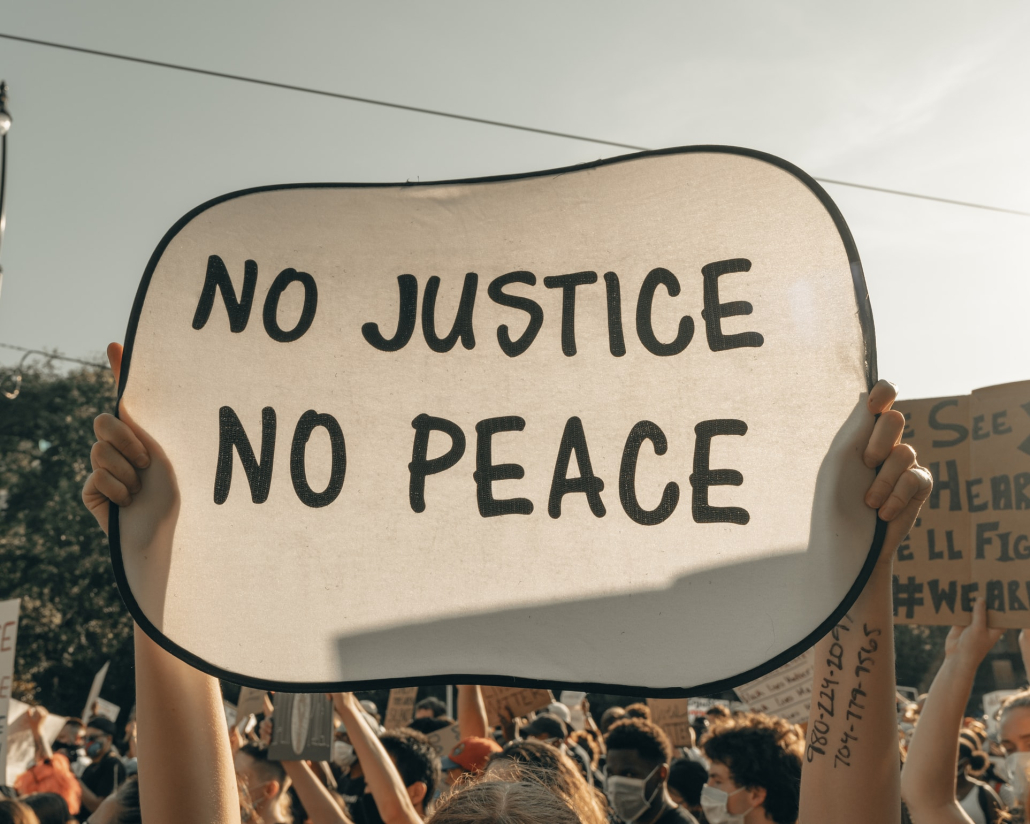Law & Disorder: Our legal system must reflect human nature’s imperfections

I started my column out of rage. Pure boiling rage because of everything happening around me: a politicized pandemic, an insurrection at Capitol Hill, the continuum of racism and bigotry that left me speechless as to how our legal system could allow for injustice to pervade our society.
My column became an outlet for all my anger against a seemingly unsalvageable justice system. Each article gave me a chance to understand more about the system I so desperately wished to be fixed, but I was always left wondering why the system is so broken.
After much reflection and endless research, I realized the one critical flaw of our legal system, its expectation for flawlessly standardized human behavior.
In a New York Times article, Adam Benforado explored the strategies needed to achieve true criminal justice in the United States and claimed that, even when we remove the issues of racism and personal biases, we will still not achieve true justice.
“The reason is simple and almost entirely overlooked: Our legal system is based on an inaccurate model of human behavior,” Benforado wrote in his article.
The U.S. Department of Justice was originally constructed in 1870 to preserve the existing power dynamics of that time, such as white supremacy, and used what The Intercept writer Alice Speri calls “an instrument of ruling class oppression.” Not only was the justice system limited by prejudiced beliefs of the past, it was also limited by the rudimentary knowledge of the mind. There was limited scientific evidence to back up the assumptions the world had regarding memory, decision making, deceit and how to deal with human behavior in a legal setting.
However, this isn’t the case anymore.
Through the development of psychology and sociology, we have a greater understanding of what influences behavior and what truly acts as a deterrent against crime. Extraneous variables influence even minute behaviors, allowing implicit biases to permeate the legal system.
One key example is eyewitness testimonies. Statistics from the Innocence Project show that approximately 69% of wrongful convictions in the U.S. are due to false eyewitness testimonies. Ongoing research demonstrates the unreliability of eyewitness testimonies, yet our entire criminal legal system continues to depend on them.
Take cases such as Malcolm Alexander — the Innocence Project’s longest-serving exonerated client. Charged with life without parole and forced to serve 38 years for a rape in 1979 that he never committed, the program acquitted Alexander of his charges in 2018 after DNA evidence proved his innocence. However, nothing can change the 38 years of his life he missed out on.
Interrogations are filled with emotionally charged, misleading suggestions that can make a bystander seem guilty. Even when unintentional, they have irreversible consequences. We know now more than ever the limitations of impartiality, but understanding and being conscious of these limitations is how we can start to build a more just system. While we cannot change the beliefs of others, we can change the legal instruments used to prevent injustice.
From using double-blind procedures in lineups to implementing scientifically validated forensic and psychological techniques, we have the ability to create a justice system that more adequately reflects human nature.
Researchers Tuomas K. Pernu from King’s College London and Nadine Elzein from the University of Oxford explains that legal judgments rely on the understanding of decision-making, yet the plethora of data regarding the neural underpinnings of human decision-making have “relatively little influence on legal practice.”
Many argue that, because of the nature of the legal system, science cannot be appropriately incorporated without being abused. However, the flaws that perpetuate injustice do not lie in the scientific field, but rather in the legal field. It’s the law that we must change, not the science.
Citing Benforado once more, “The road to a more perfect system is accepting a model of ourselves that is less perfect.” It’s time for us to let go of our broken legal system and begin building a new road to true justice. For laws to change, the system needs to recognize that humans are flawed creatures, incapable of true rationality and impartiality. Instead, precautionary systems must be placed to prevent our own imperfections from destroying the lives of others.
Helen Nguyen is a junior writing about law and social issues in her column, “Law & Disorder.” She is also the opinion editor at the Daily Trojan.

